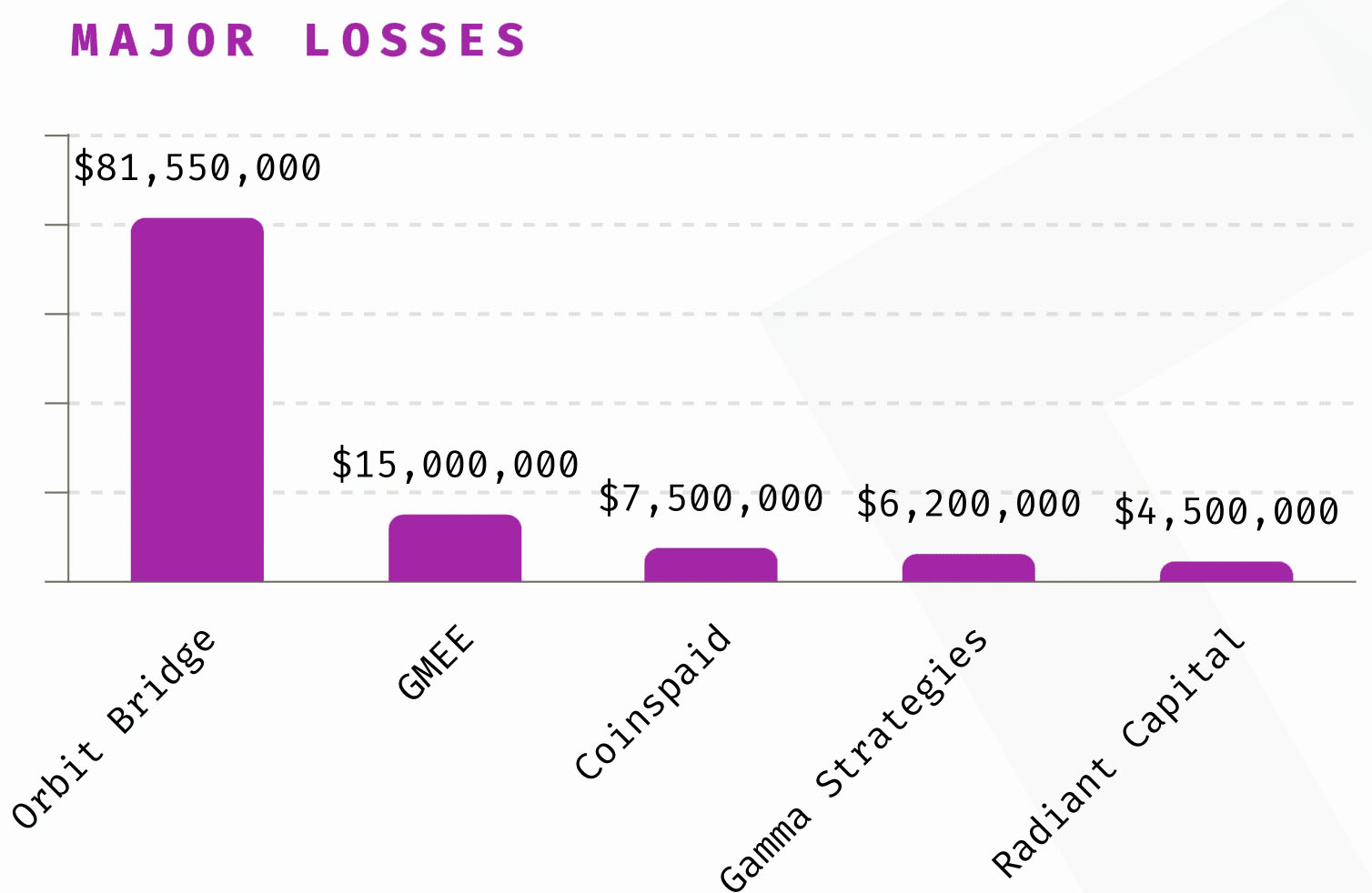As January winds to a close, it’s looking like a rough month for DeFi safety after a score of exploits. The latest victim was Abracadabra.money, a 2021 bull market darling and issuer of the Magic Internet Money (MIM) stablecoin.
The incident caused MIM to depeg severely to as low as $0.77 on Tuesday, before recovering somewhat to $0.93 at time of writing.
Web3 security firms PeckShield and CertiK first reported the exploit, which was confirmed by Abracadabra’s X account.
Read more: The 5 biggest DeFi hacks of 2023
A hacker was able to steal at least $6.5 million in MIM on Ethereum. The thief’s wallet was funded via Tornado Cash and following the hack, stolen MIM tokens were swapped for ether (ETH) and transferred to a pair of new wallets containing 1800 ETH and 939 ETH respectively as of 12:30 pm ET.
A CertiK spokesperson told Blockworks the hacker took advantage of a rounding bug in the protocol, specifically “cauldron v4” contracts which were deployed in early 2023.
Cauldrons is a DeFi dapp that facilitates lending and borrowing crypto assets. Borrowed funds are tracked in two ways: Elastic, representing the actual borrowed amount which can change due to interest rates, and Base, a more stable representation of the debt, used for internal calculations.
The suspect transaction shows a sequence of steps whereby a flawed calculation allowed the hacker to inflate their share of borrowed debt.
According to analysis by CertiK shared with Blockworks, the protocol’s “rebase library,” which should synchronize the elastic and base values, failed to account for discrepancies when the elastic value was zero but the base was not.
Essentially, the attacker tricked the protocol into underestimating the debt by repeatedly exploiting the rounding error, effectively paying back far less than they actually owed.
Tracking January DeFi exploits
Looking back on the first month of 2024, bug bounty and security service Immunefi found that prior to the Abracadabra exploit, over $126 million had already been lost in January across 19 incidents.
That’s a six-fold increase from a year ago and 2.8 times greater than the losses incurred in December 2023, Immunifi said.

Most of that is attributable to the first exploit that kicked off 2024, when more than $81 million was swiped from the Orbit Bridge.
Read more: $80M lost in first hack of 2024
Hackers most often targeted Ethereum (six incidents) and BNB Chain (five incidents). Arbitrum (three incidents) and Solana had two incidents, with one exploit each on Polygon, Optimism and Conflux Network, rounding out the list.
As the value of crypto assets increases, Immunefi expects that 2024 may see the largest nominal losses of any year to date.
Read more: DeFi hackers ring in New Year with 3 attacks in 5 days
Following the attack, moderators on the Abracadabra community Discord were seeking to allay the concerns of holders of MIM. Users spoke about their concerns that the extended divergence from its expected $1 value.
“MIM has been able to overcome difficult situations transparently in the past, [and] this is another obstacle but I am a buyer given the history of the team,” wrote one member.
Abracadabra.money and MIM were created by Daniele Sestagalli, a prominent, if not controversial figure in the crypto and DeFi space.
Sestagalli has also been behind DeFi protocols Wonderland and Popsicle Finance. His reputation also took a hit by association with Wonderland team member 0xSifu, who was identified as Michael Patryn of QuadrigaCX infamy. The revelation in January 2022 plunged Wonderland, built on Avalanche, into chaos.
Popsicle Finance was hacked for $20 million in August 2021. The project is technically still going, though it has never recovered from its 2021 heights and was subsequently rebranded to WAGMI, short for the crypto slogan We’re all Gonna Make It.
 blockworks.co
blockworks.co
